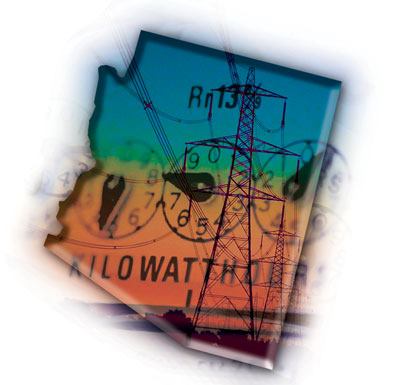Grass-roots attempts to repeal a controversial energy law have failed to produce a conclusive vote in Arizona’s state legislature, leaving the measure on the books for now.
The state’s 2012 legislative session has concluded, so its pool pump and portable spa energy efficiency standards will remain in effect at least until next spring.
“We really thought [the repeal] was going to get through, even if we had to make revisions,” said Paul Christopolous, a supporter of the repeal and owner of PC Pool Care in Scottsdale, Ariz. “But it just died in the House.”
The standards, which require a multi- or variable-speed pump on all residential installations with a pump size greater than 1 horsepower, were based on Title 20, a California code that has similar provisions. But from the time the law passed in late 2011, a group of service technicians and state legislators began campaigning for its repeal. Opposing them were manufacturers and other industry groups that fought to keep it on the books.
Though a repeal did pass the state Senate, it ran aground on the House floor, meaning its supporters will have to introduce it anew in 2013.
Though many service techs agree that variable-speed pumps do, indeed, bring long-term savings and a reduced environmental footprint, not all are enthusiastic about legally mandating their installation.
“I love variable-speed pumps. I actually sell quite a few of them,” Christopolous said. “But at the same time, I’m getting kicked out of customers’ backyards because I’m required to quote them a $1,300 pump replacement when all they need is a new motor.” Meanwhile, he said, service techs who are willing to ignore the law are winning those jobs, and not a single one of them has been cited or fined.
Supporters of the standards readily acknowledged this lack of enforcement as a problem, but believed the solution lies in more education rather than less legislation.
“This law is no worse — and no better — than what’s already going on in California,” said Steve Barnes, chairman of the APSP-15 Standards Writing Committee.
Indeed, laws based on APSP energy efficiency standards already sit on the books in Washington and Oregon, while New York and Connecticut are in the process of developing similar legislation.
Furthermore, the law’s advocates argue that those wanting repeal seem to misunderstand the legislation’s actual scope. For example, Arizona’s law makes no mention of commercial sites, and only requires variable-speed or multi-speed upgrades for pumps of 1 horsepower or more.
“A 10,000-gallon pool with an eight-hour turnover rate doesn’t need anything near that kind of pump horsepower,” said Mike Long, a sales representative at Thornburg Enterprises in Phoenix.
Even so, supporters of the repeal aim to hold a series of round-table panels to craft a version of the legislation on which everyone involved can agree. Advocates of the standards have, so far, expressed equal willingness to cooperate.
“We’re happy to work on a compromise,” Barnes said. “But repealing the whole law would be a step backward for the industry in this state.”


